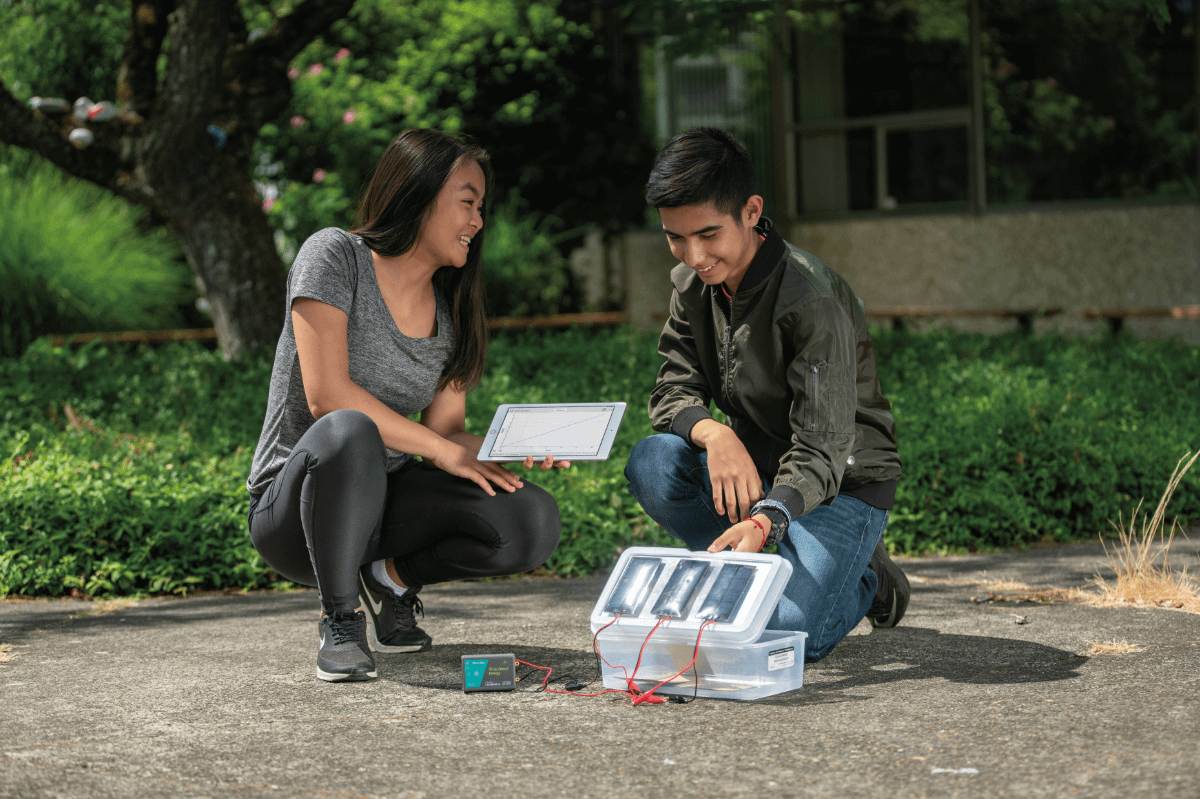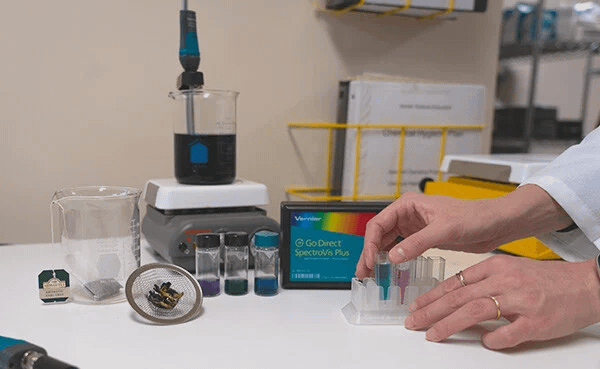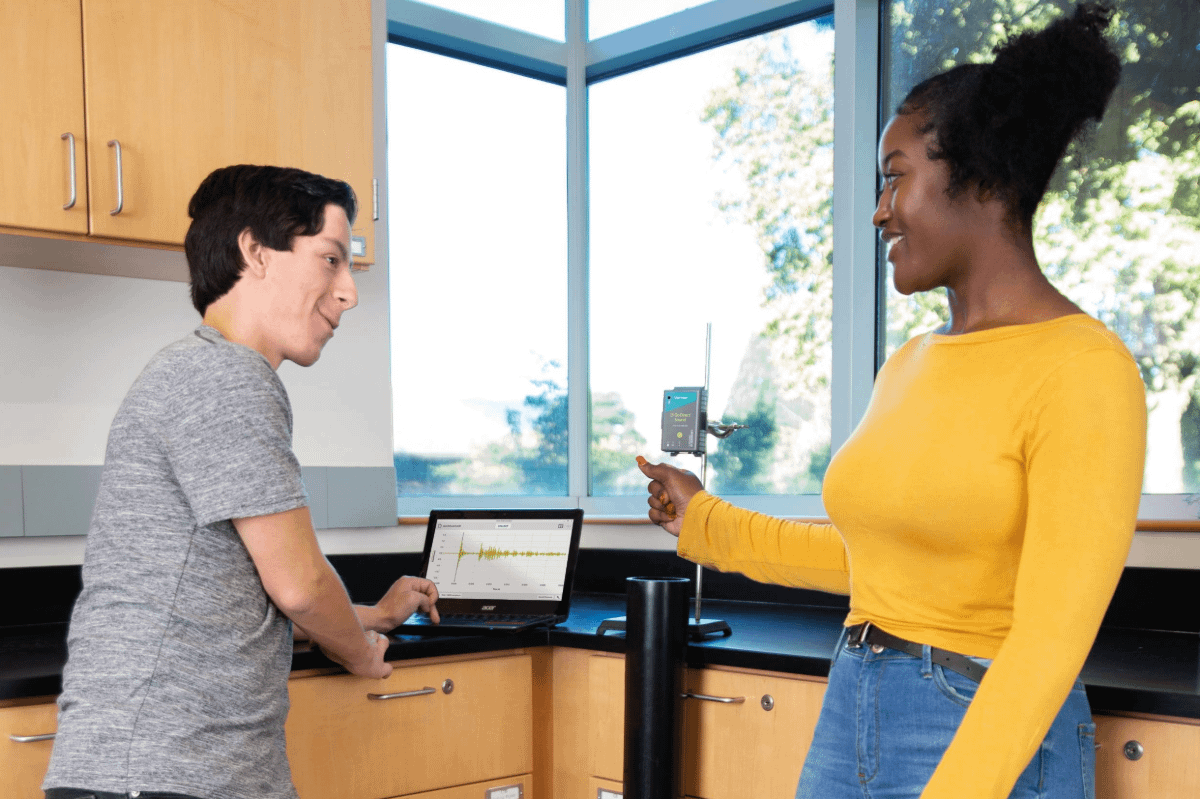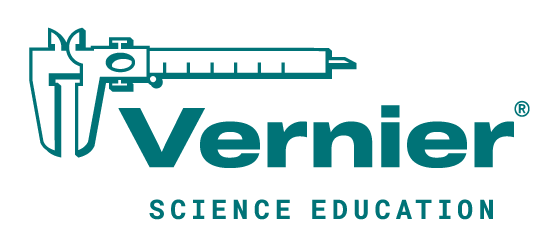- Professional Development
- Webinars
Webinars
Our webinars offer innovative ways to engage students with STEM in traditional classroom or virtual environments. Our experienced educational technology specialists will walk you through experiments that students can do using our free sample data.
Upcoming Webinars
Making Waves: Ocean Science Investigations with Vernier

Tuesday, June 3, 2025
4:00–4:45 p.m. PDT | 7:00–7:45 p.m. EDT
Explore key ocean science concepts through hands-on classroom activities! Join Vernier biology experts Colleen McDaniel and Sara Tallarovic, PhD, as they discuss four classroom-friendly investigations that explore ocean ecosystems, water quality, and marine environments. See how you can bring ocean science to life, even if you’re miles from the coast!
Recent Webinars
Four Gas Laws, One Sensor: Engaging Gas Investigations with Vernier

Vernier chemistry experts Nüs Hisim and Melissa Hill, PhD, demonstrate how to make the invisible world of gases more accessible using just the Go Direct® Gas Pressure Sensor. Learn how to bring gas laws to life with hands-on investigations that help students move beyond memorization and make real-world connections.
Physics in Motion: Exploring Energy with Vernier Carts and Tracks

Looking to get your students on the right track with energy concepts? Vernier physics experts Fran Poodry and Tom Smith demonstrate engaging ways to help students explore energy transformation, conservation, and transfer using the Dynamics Cart and Track System with Go Direct® Sensor Carts.
From Local Data to Global Phenomena: Hands-On Climate Science Investigation

Ready to engage your high school physics, biology, earth science, and environmental science students in meaningful climate investigations? Join Vernier biology and physics experts Colleen McDaniel and Fran Poodry, along with Vernier Trendsetter and PLTW Master Teacher Jennifer Klecatsky, to explore hands-on investigations that connect students with real-world data. Whether your students are analyzing atmospheric data outside, testing water quality in a local watershed, or modeling global phenomena in the classroom, we’ll show you how real-time data collection can deepen their understanding of the world around them.
A Perfect Brew: Teaching Equilibrium with Tea and Vernier Sensors

Want to brew up some excitement about chemical equilibrium in your high school or college lab? Vernier Director of Chemistry Dr. Melissa Hill demonstrates how tea, some common kitchen ingredients, and hands-on Vernier sensors can help students better visualize and understand abstract equilibrium concepts. This food chemistry approach allows students to explore the color-changing properties of tea compounds at different pH, connecting visible transformations to equilibrium constants and molecular behavior.
Wave Physics Fundamentals: Teaching Sound, Motion, and the Doppler Effect

Looking to strengthen your students’ understanding of mechanical waves and sound? Vernier co-founder and former physics educator Dave Vernier and physics expert Josh Ence guide you through three engaging wave experiments: standing waves on a string, sound wave interference and beats, and visualization of the Doppler effect. They’ll demonstrate how to help students move from basic observations to a more complex understanding of wave phenomena.
Past Webinars
When it comes to on-demand professional development for science educators, we’ve got you covered—explore our online training library today!
Get Personalized Training
Interested in free professional development specific to your needs? Request a free personalized virtual training with our experts.
Don't miss a webinar!
Subscribe to our monthly newsletter, Beyond Measure.
